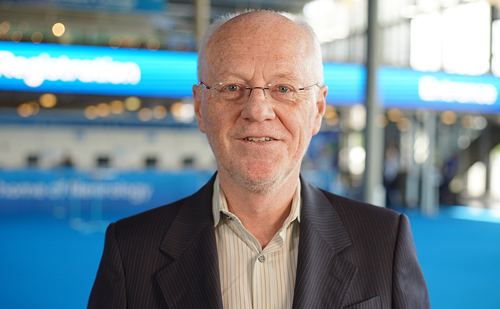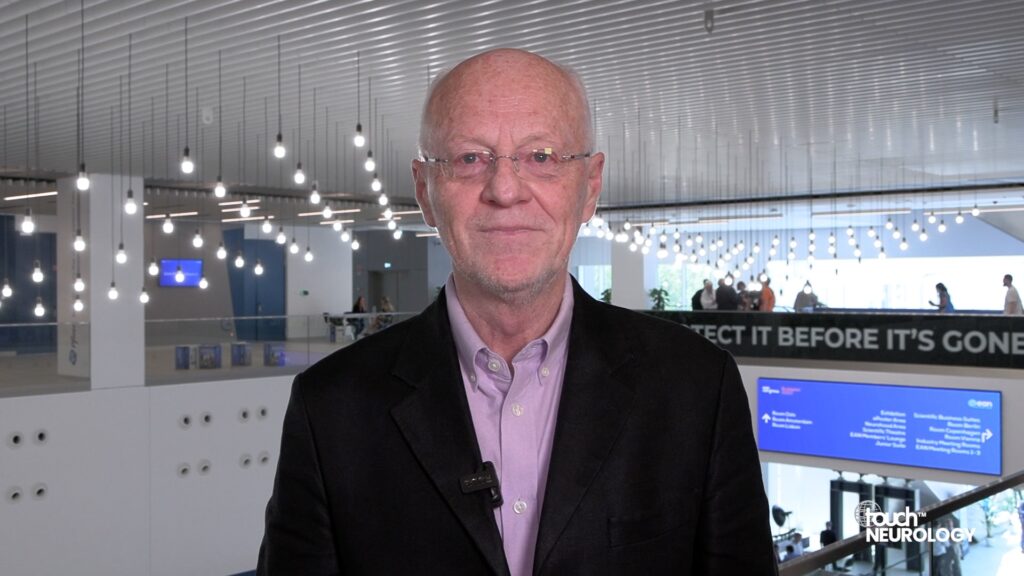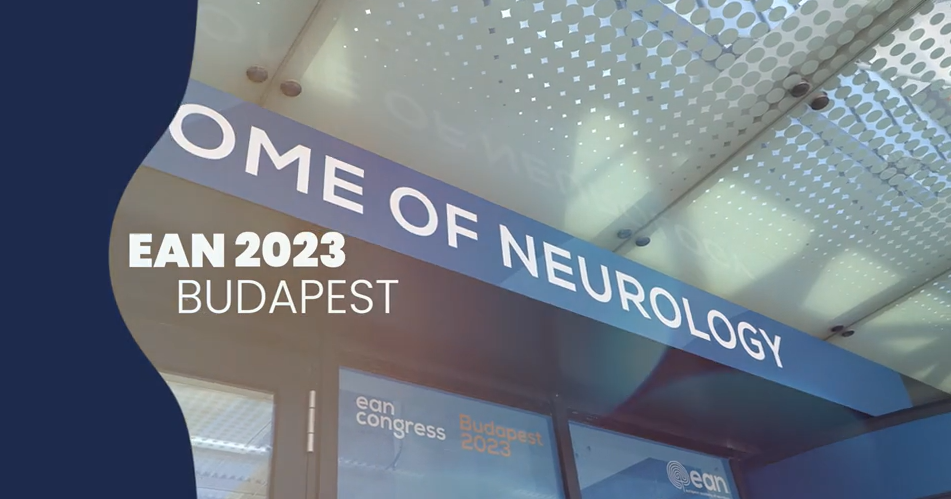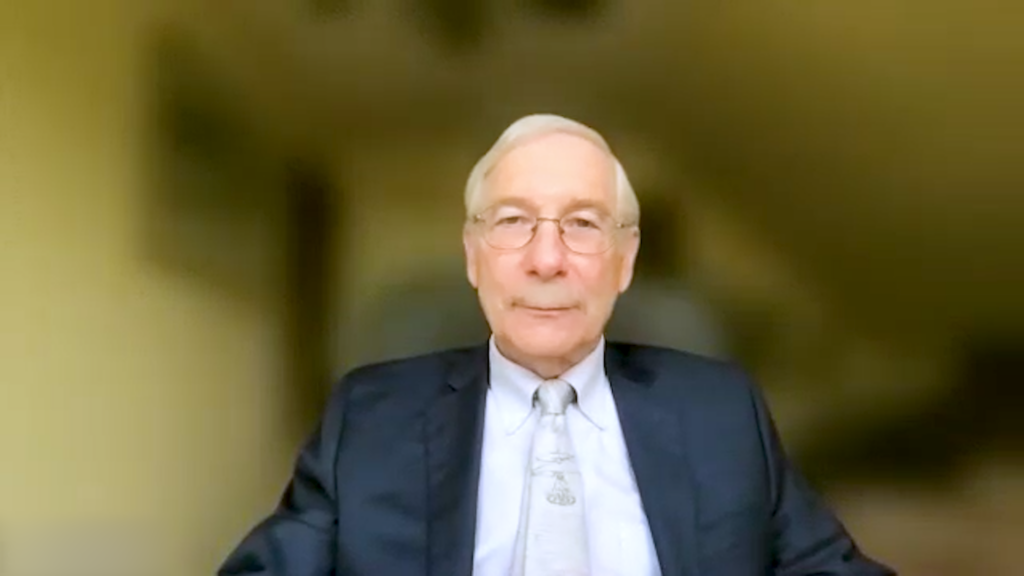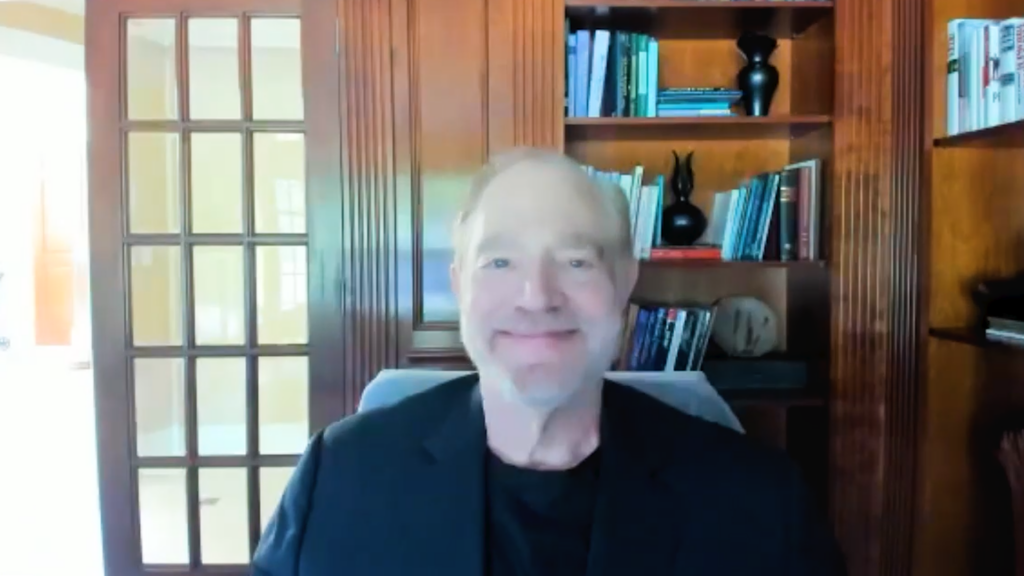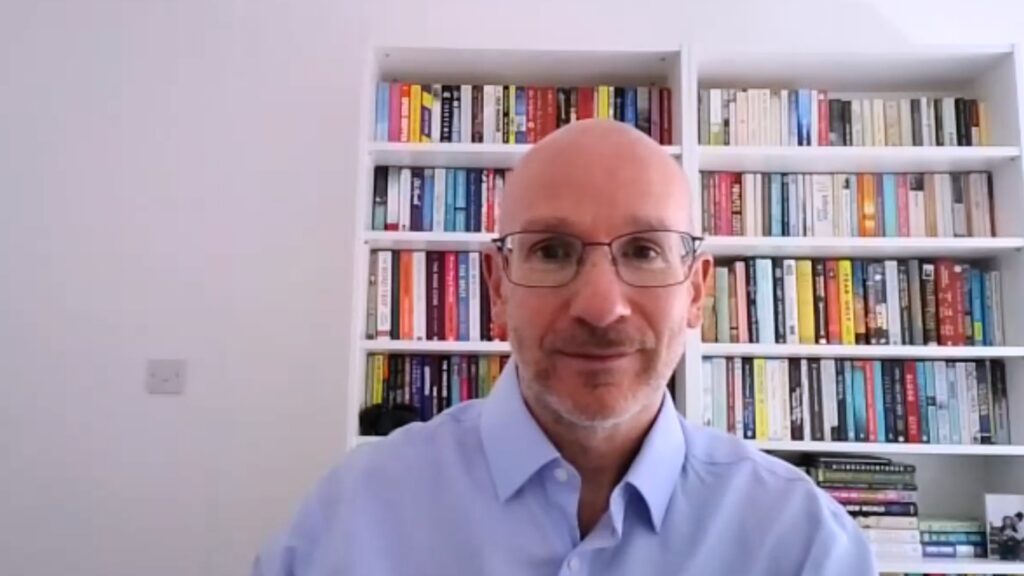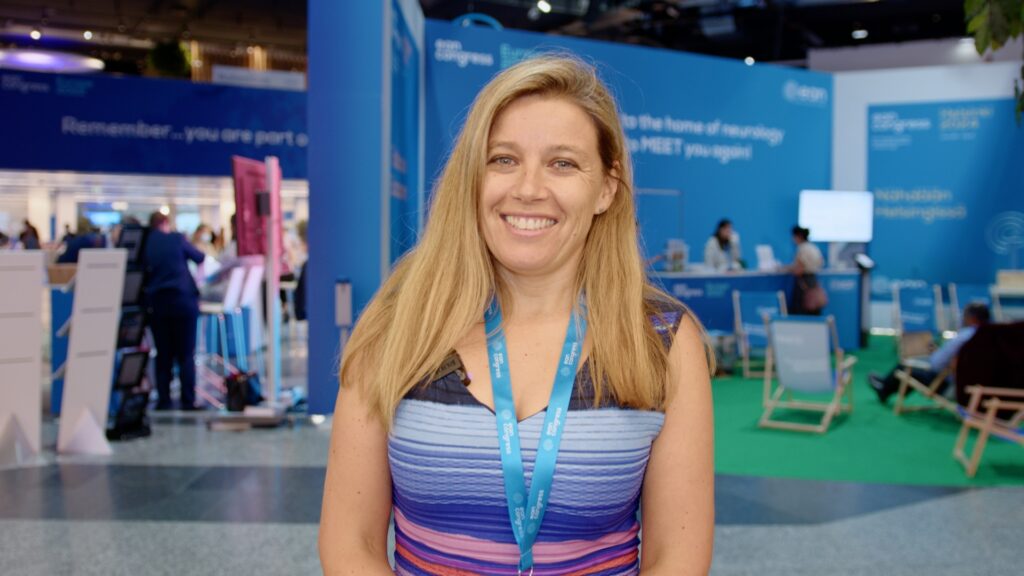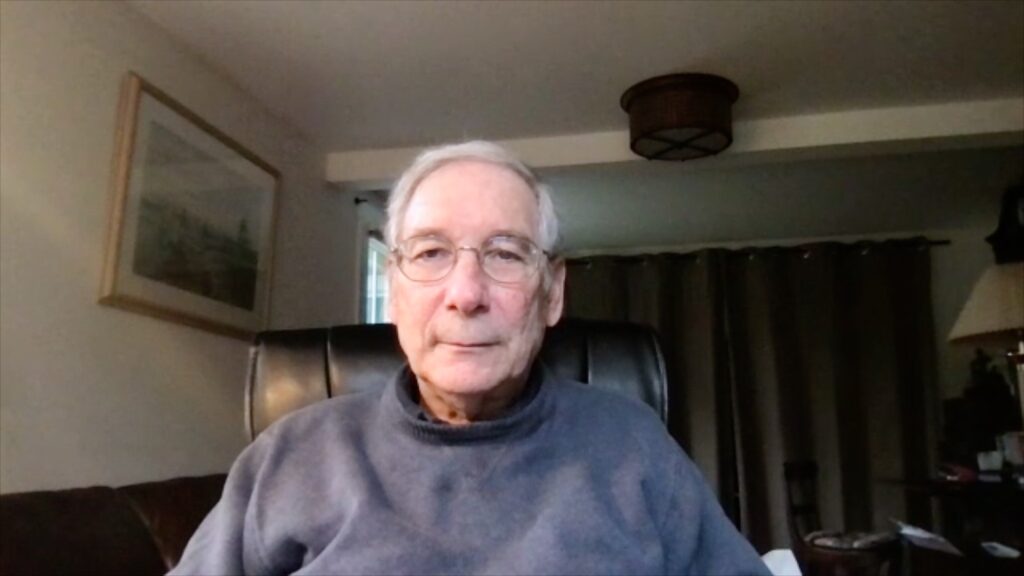Hans-Christoph Diener (Medical Faculty of the University of Duisburg-Essen, Institute for Medical Informatics, Biometry and Epidemiology, Essen, Germany) talks to us about unmet needs in the treatment of chronic migraine and medication-overuse headache, and shares expert insight on the PROMISE-2 trial, which evaluated the efficacy and safety of eptinezumab, a humanized anti-calcitonin gene-related peptide monoclonal antibody, as a preventative treatment for chronic migraine (ClinicalTrials.gov identifier NCT02974153).
Questions
1. How does medication-overuse headache differ from migraine without medication overuse? (0:05)
2. What are the unmet needs in the treatment of chronic migraine and medication-overuse headache? (1:06)
3. Could you give us an overview of the PROMISE-2 study and its major efficacy and safety findings? (1:55)
4. What challenges are presented by the long-term management of chronic headache with eptinezumab? (2:52)
5. What unanswered questions remain in the use of antibodies targeting calcitonin gene-related peptide (CGRP) for migraine prevention and treatment? (4:11)
Speaker disclosure: Hans-Christoph Diener reports having received honoraria for participation in clinical trials, contribution to advisory boards or oral presentations from: Alder, Allergan, Amgen, Electrocore, Ipsen, Lilly, Medtronic, Novartis, Pfizer, Teva and Weber & Weber. Financial support for research projects was provided by electroCore. Headache research is supported by the German Research Council (DFG), the German Ministry of Education and Research (BMBF) and the European Union. Hans-Christoph Diener has no ownership interest and does not own stocks of any pharmaceutical company; he serves on the editorial boards of Cephalalgia and Lancet Neurology; and chairs the Clinical Guidelines Committee of the German Society of Neurology and is member of the Clinical Trials Committee of the IHS.
Support: Interview and filming supported by Touch Medical Media.
Filmed at the 6th Congress of the European Academy of Neurology (EAN) and 1st EAN Virtual Congress, May 2020.

